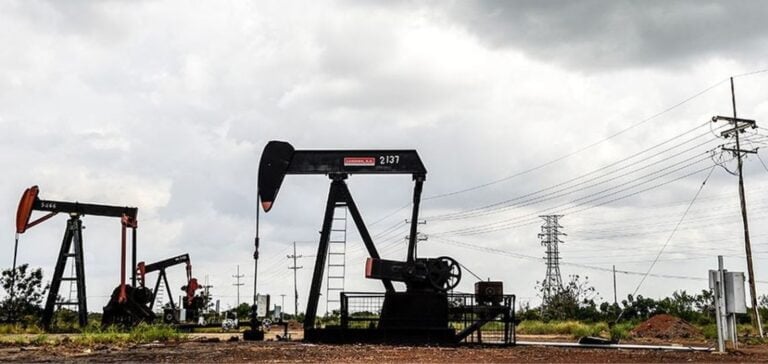Opposition candidate Edmundo González Urrutia could potentially beat President Nicolás Maduro in the July elections, according to recent polls. With a 40-point margin in his favor, González also enjoys the support of María Corina Machado, winner of the opposition primary. However, Washington has no plans to liftoil sanctions, preferring to maintain an approach based on company-specific licenses.
U.S. sanctions policies
The United States recently reinstated sanctions after Maduro failed to meet his commitments to free and fair elections. The US Treasury Department has issued a temporary license, GL 44A, to allow the gradual cessation of transactions in the Venezuelan oil and gas sector. Chevron remains unaffected thanks to its specific license, and other companies may obtain similar licenses to continue operations. David Goldwyn, Chairman of the Energy Advisory Group at the Atlantic Council’s Global Energy Center, believes that broader sanctions relief will have to wait until after the elections. In the meantime, specific licenses could enable Venezuela to maintain or increase its oil production.
Oil production maintained
Venezuelan oil production reached 875,000 barrels per day (b/d) in April, and could reach 950,000 b/d by the end of the year. Chevron played a major role in this increase, with Venezuelan crude exports heading mainly to the United States, outpacing China. The sanctions enabled the Biden administration to avoid appearing too conciliatory ahead of the US elections. Nick Blanco, analyst at Commodity Insights, points out that production will be little affected by changes in sanctions thanks to specific licenses. These licenses also allow crude oil to be exchanged for debt or diluents, moderating gasoline prices in the United States without enriching Maduro.
Impact of specific licenses
In May, OFAC granted a specific license to Maurel & Prom, a French company, to continue its operations in Venezuela until 2026. This shows that other companies could quickly obtain similar licenses. Rachel Ziemba, Senior Consultant at Horizon Engage, believes that the US will continue to rely on individual licenses rather than significantly modify its sanctions policy.
Elections and political outlook
Experts are skeptical about the possibility of free and fair elections in Venezuela. The likelihood of electoral fraud and intervention by the Maduro regime remains high. For Goldwyn, it’s essential that opposition policies indicate that Maduro and his supporters can leave power without fear of imprisonment. González’s candidacy does not guarantee an immediate change in US policy. The candidacy of Edmundo González and the unity of the Venezuelan opposition could potentially change the internal political dynamic, but US oil sanctions will remain in place for the time being. Specific licenses will continue to play a crucial role in managing Venezuela’s oil production, helping to maintain economic stability while exerting political pressure on the Maduro regime.






















